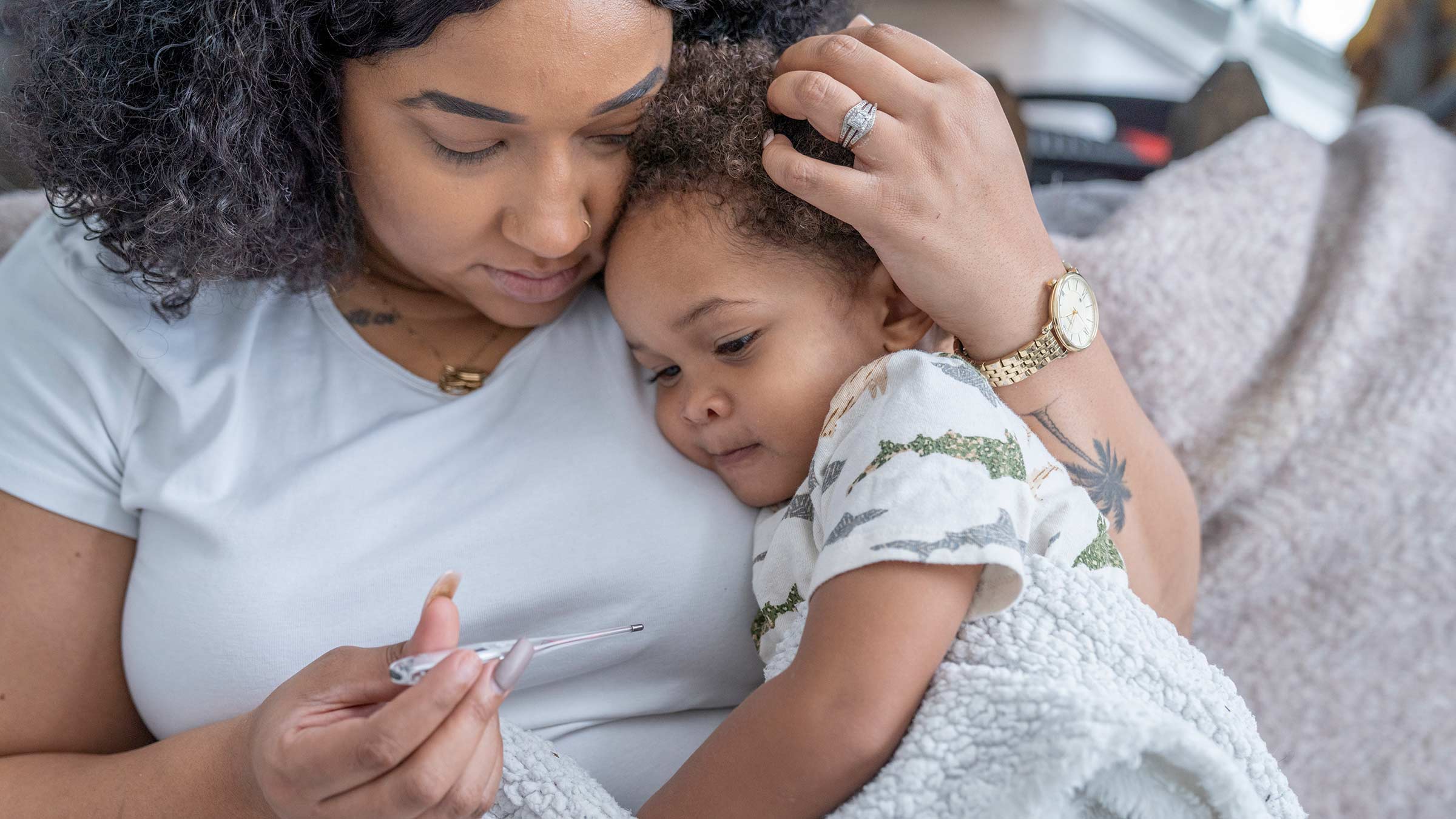
Young children in day care are often chronically sick for the first couple of years until they build up stronger immune systems.
Catching 10 to 12 respiratory infections per year is considered normal for young children in day care settings, according to the American Academy of Pediatrics.
Stuffy noses and colds can linger for as long as 10 days.
It’s no surprise that children can share any of those infectious illnesses with their parents.
This includes the common cold, flu, stomach bugs, pink eye, strep throat and even skin conditions like hand foot and mouth disease or lice.
Even if parents don’t get sick from their child, they may still be affected by needing to stay home and care for their little ones.
Here are some tips on staying healthy:
Don’t preemptively load up on vitamins to stave off colds
There are no supplements that conclusively help treat or prevent infections.
The are some very limited studies on echinacea showing possible modest benefit in preventing upper respiratory infections.
Other common supplements touted to help, such as vitamin C, zinc or elderberry, not only don’t help but may have serious side effects.
It’s always a good idea to check with your physician before starting a new supplement regimen.
Handwashing is the best way to stay healthy
Handwashing — both with soap and water or by alcohol hand sanitizer — is the most important way to avoid getting sick.
Work up a good lather with running water and wash your hands for a minimum of 15 seconds.
Try not to touch your face, particularly mouth/nose/eyes
If you must touch your face, wash your hands first. Touching your mouth, nose or eyes can easily spread infections.
Stay on top of cleaning if someone is sick in your household
Disinfect shared spaces and avoid sharing food and drinks often to prevent the spread of infections.
To cut down on the spread of germs that cause illness, the U.S. Centers for Disease Control and Prevention (CDC) recommends cleaning high-traffic surfaces in your home, such as doorknobs and countertops, regularly and after you have visitors in your home.
You should clean other surfaces if people in your household are more likely to get sick, such as young children and people with weakened immune systems.
You may also choose to disinfect using a safe product for young ones.
Remember to clean before disinfecting so that the disinfectant will be more effective in killing germs.
Stay up to date on vaccinations
Another important way to prevent illness is to stay up to date with vaccinations such as the yearly flu shot, COVID-19 booster and pertussis (whooping cough) vaccine.
Some adults with chronic diseases like asthma or diabetes may qualify for additional vaccinations for diseases such as pneumonia.
Children should also be kept up to date with vaccinations which will help reduce their illnesses as well as their parents’.
Change your baby’s clothes immediately when they come home, and wipe them off
If possible, change a child’s clothes after day care and wash their hands or wipe them. Viruses can stay on clothes for a few hours.
Take care of yourself. Those in good health rebound from illness faster
Being in the best general health possible will help you to avoid illness and recover quickly if you do get sick.
This includes getting good sleep, reducing stress, eating healthy, getting regular exercise and avoiding smoking, drugs and alcohol.
If you have any chronic conditions, getting them under control will also help.
If you do get sick, staying stocked up on over-the-counter cold medicine can help alleviate your symptoms for mild viral infections. If your cold is severe enough, see a doctor.

Ready to get vaccinated?
We have appointments available as early as today.
Schedule now




